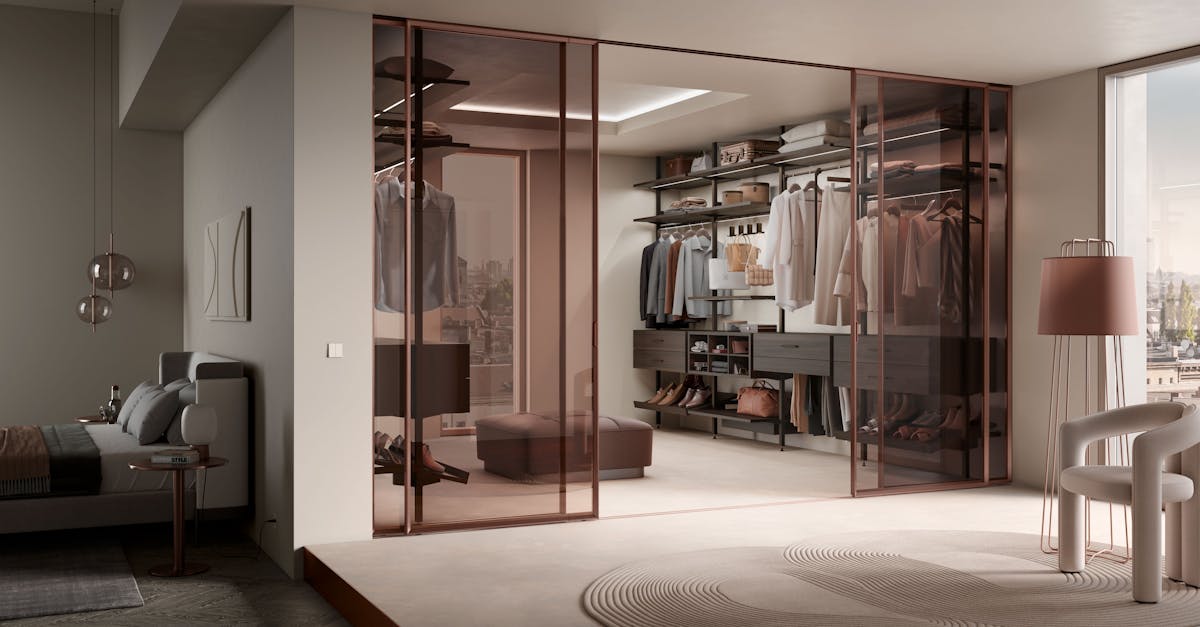
Table Of Contents
Choosing the Right Fit for Your Budget
When planning a kitchen renovation, establishing a budget is one of the first steps to ensure that the project aligns with your financial expectations. Numerous factors will influence the overall cost, such as the choice between custom and pre-fabricated options. Pre-fabricated kitchens often come with a set price, making it easier to manage expenses. Custom designs, while tailored to individual needs, can quickly escalate in price, depending on the materials, fixtures, and the extent of the modifications required.
Understanding your budget can also help narrow down your choices when selecting fixtures and finishes. High-quality materials typically incur a higher initial expense, but they may provide long-term durability and aesthetic appeal that justify the investment. Keeping your budget in mind while making these decisions allows for a more efficient kitchen renovation process, ensuring that you invest wisely in features that enhance both functionality and style.
Custom vs. Pre-Fabricated Options
Custom kitchens offer homeowners the opportunity to create a unique space tailored to their specific needs and preferences. These designs often involve working closely with a designer and contractor to select every detail, from the layout to the style of cabinetry. Custom options can elevate kitchen renovation projects, allowing for personalized elements like built-in appliances, specialized storage solutions, and bespoke finishes. While the result can be stunning and perfectly suited to the homeowner's vision, the price tag typically reflects the labor and creativity involved.
In contrast, pre-fabricated kitchens provide a more budget-friendly alternative, appealing to those looking for convenience and quicker installation. These options come in standard designs and materials, making them more accessible for people who prefer to minimize costs and time spent on the renovation process. While they may not offer the same uniqueness as custom kitchens, pre-fabricated units can still deliver quality and style. Homeowners should weigh the benefits of customization against their budget constraints when considering kitchen renovation options.
The Importance of Experience in Kitchen Fitting
Experience plays a crucial role in kitchen fitting. Skilled professionals bring a wealth of knowledge gained through years of practice, allowing them to navigate the complexities of installations. They understand the nuances of layout optimization and can foresee potential issues before they arise. An experienced fitter can also provide valuable insights on design choices that align with practical usage, ensuring a functional and aesthetically pleasing kitchen.
When it comes to kitchen renovation, the cost often correlates with the expertise of the installer. Those with a solid background in the trade can justify higher charges due to their ability to deliver superior workmanship. Clients benefit from this experience through more efficient project timelines and fewer errors, which can lead to added savings in the long run. Selecting a professional with a proven track record can significantly influence the overall success of any kitchen renovation project.
How Skill Level Affects Pricing
The skill level of a kitchen fitter plays a significant role in determining the overall pricing for a kitchen renovation. Professionals with extensive experience and specialized training often command higher rates due to their ability to efficiently navigate complex installations. Their expertise can lead to better project outcomes, reducing the likelihood of costly errors that may arise with less experienced individuals. Clients may find that paying a premium for seasoned professionals ultimately saves time and stress during the renovation process.
On the other hand, less experienced fitters may offer lower rates to attract customers. While this might seem like an appealing option, it carries the risk of subpar workmanship. Kitchen renovation involves precise measurements and proper installation methods to ensure longevity and aesthetic appeal. Choosing a fitter with proven skills not only guarantees a higher quality finish but may also prevent potential issues down the line that could incur additional costs.
Materials Impacting Overall Costs
The choice of materials plays a significant role in determining the overall costs of a kitchen renovation. High-quality materials such as solid wood cabinets or marble countertops often come with a higher price tag. In contrast, budget-friendly alternatives like laminate surfaces or engineered wood can help keep expenses down. Understanding these options allows homeowners to align their material choices with their financial plans while still achieving a desirable aesthetic.
Beyond just cabinets and countertops, the quality of fixtures also impacts the total renovation cost. Items such as sinks, faucets, and lighting fixtures vary in price based on brand, style, and durability. Investing in high-quality fixtures can enhance functionality and longevity, while less expensive options may require replacements sooner. Carefully weighing these considerations can help homeowners make informed decisions during a kitchen renovation, ensuring that the final result meets both their needs and budget.
Quality and Type of Kitchen Fixtures
The quality and type of kitchen fixtures play a significant role in determining the overall cost of a kitchen fitting project. High-end materials, such as solid wood cabinets and granite countertops, can substantially increase expenses. Homeowners often opt for durable options that offer both aesthetic appeal and longevity. Selecting fixtures that align with personal style while also ensuring good value can impact the budget considerably during kitchen renovation.
On the other hand, choosing lower-cost materials might seem like a way to save money upfront. However, cheaper fixtures often lead to higher replacement or maintenance costs over time. It's essential to strike a balance between cost and quality when selecting kitchen fixtures. Investing wisely in these components can enhance the kitchen's functionality and appearance while avoiding future financial burdens.
FAQS
What factors influence the cost of fitting a kitchen?
Several factors influence the cost, including the size of the kitchen, the type of materials used, whether you choose custom or pre-fabricated options, and the experience level of the fitter.
How much can I expect to pay for kitchen fitting services?
The cost for kitchen fitting services can vary widely but typically ranges from $1,500 to $5,000, depending on the complexity of the installation and materials chosen.
Are custom kitchens more expensive than pre-fabricated ones?
Yes, custom kitchens generally cost more than pre-fabricated options because they are tailor-made to fit your specific space and design preferences, which requires more labor and materials.
How does the experience of the kitchen fitter affect the price?
Generally, more experienced kitchen fitters may charge higher rates. However, their expertise can result in better workmanship and potentially save you money in the long run by avoiding costly mistakes.
What types of materials can significantly impact the kitchen fitting costs?
The type and quality of kitchen fixtures, such as cabinets, countertops, and appliances, can greatly influence overall costs. High-end materials typically come at a premium, while budget-friendly options can help keep costs lower.





























